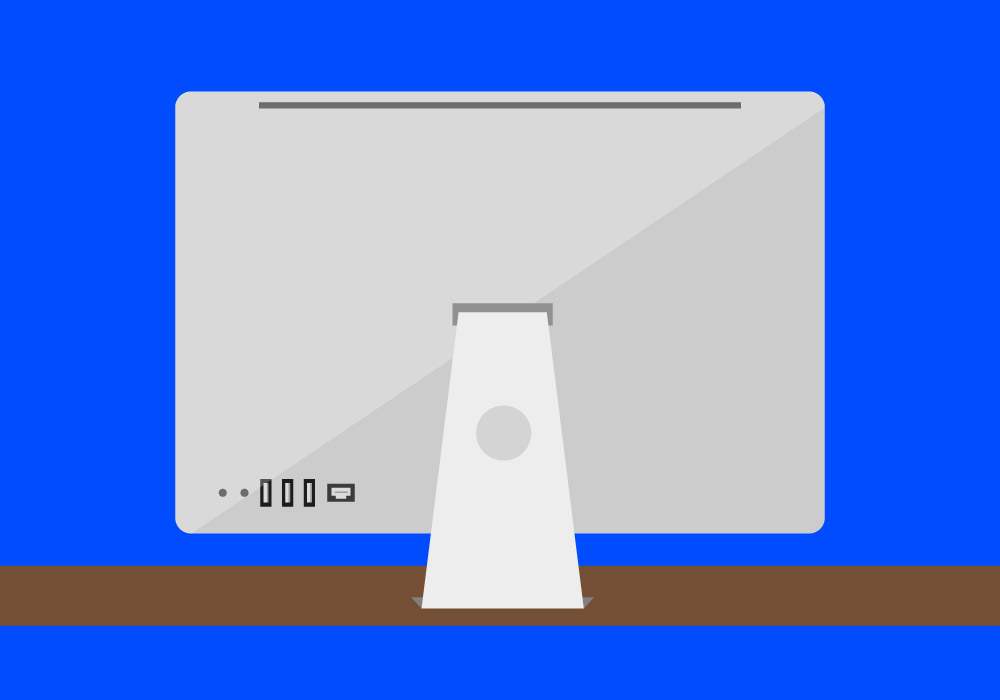
The doctor is in. Or online, anyway.
In early September, Google announced that it would be rolling out health information about 900 conditions in the coming weeks. It will include quick, at-a-glance info and easily downloadable pages that users can take to their doctors’ offices. Of course, this begs the question: How accurate will the information be? And does this have doctors terrified that ever more patients will be showing up after self-diagnosing themselves with rare diseases they almost certainly do not have?
Google says it has worked with a team of doctors led by Google’s Dr. Kapil Parakh, to “carefully compile, curate, and review this information. All of the gathered facts represent real-life clinical knowledge from these doctors and high-quality medical sources across the web, and the information has been checked by medical doctors at Google and the Mayo Clinic for accuracy.”
Here’s what six real doctors think about the initiative.
Dr. Eric Topol, director, Scripps Translational Science Institute: “I’m very supportive of this initiative—along with any that will give consumers more useful and accurate information about health matters. The quality of health information on the Web is still not optimal, and hopefully Google’s initiative to provide solid material on 900 conditions will be helpful. More importantly is that instead of just looking up symptoms, as has been the case with the Internet of over 20 years, we’re about to move into an era when people will also have objective data (through sensors, labs, imaging, genome sequence) that will empower them to be highly active participants in their diagnosis and care.”
Arthur Caplan, director of the division of medical ethics at NYU Langone Medical Center: “I think what Google is doing is not such a bad thing. Like it or not, that’s where people are going for health information. It’s the future. Making it better and vetting it by doctors is a good idea. It would also be nice if every time you googled ‘vaccines,’ ‘autism’ didn’t come up. People just need to remember that this is meant to aid them, but it’s not a substitute for health care.”
Dr. Michael Roizen, the Chief Wellness Officer at Cleveland Clinic: “The more information a person has, and the better curated, the more informed a person’s healthcare decisions can be. Problems like the Kansas City Royals have with lack of Chickenpox immunizations do not happen without a conscious decision. Google, like a few other great sites, have done a great job in getting you the knowledge you need to make a good decision.”
Dr. Robert Hasty, Campbell University Jerry M. Wallace School of Osteopathic Medicine: “Easy access to health information has the potential to empower patients and improve health. However, patients should be cautious with using unvetted health information and should involve healthcare professionals to help make informed decisions.”
Dr. William A. Bornstein, Chief Medical Officer & Chief Quality Officer at Emory Healthcare: “As always, the devil will be in the details. Unintended consequences will be inevitable but can be minimized if Google is committed to measuring the outcomes from the use of this tool and using the outcomes data to inform iterative cycles of improvement of the tool. Conflicts of interest will also need to be assiduously avoided. If Google does this right, it should provide a nice alternative to random Web searches about health-related topics.”
Dr. Ami Bhatt, director of the Massachusetts General Hospital Adult Congenital Heart Disease Program: “While its always important for patients to be informed, the most important facet of these advances in information dissemination is patient and physician engagement. A doctor needs to be willing and interested in the barrage of information that the patient may want to discuss with them. Oftentimes, the information a patient finds is not even relevant to their specific situation. This has happened to me as a doctor and as a patient. Unfortunately, information taken out of context can be frightening and confusing. In this era where time for the doctor and patient to connect in person is limited, we need physicians to have the time to communicate with their patients about what they are learning.”
More Must-Reads from TIME
- Donald Trump Is TIME's 2024 Person of the Year
- Why We Chose Trump as Person of the Year
- Is Intermittent Fasting Good or Bad for You?
- The 100 Must-Read Books of 2024
- The 20 Best Christmas TV Episodes
- Column: If Optimism Feels Ridiculous Now, Try Hope
- The Future of Climate Action Is Trade Policy
- Merle Bombardieri Is Helping People Make the Baby Decision
Contact us at letters@time.com